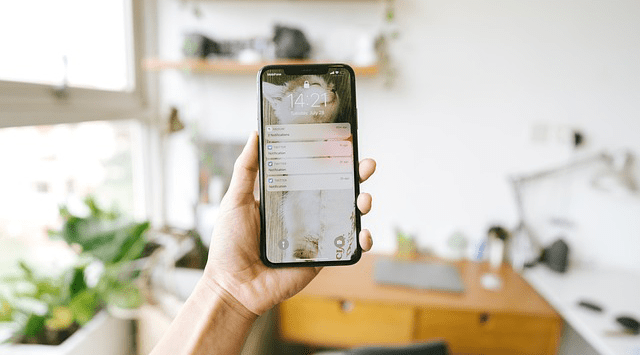FREE Shipping on Orders Over $125*
Menu
-
-
Occasions
-
Recipients
-
Products
-
Baptism
-
Anniversary
-
Pets & Pet Lovers
-
Sympathy & Memorial
- Furnitures
- Engagement & Wedding
-
- 419-445-4200
- Login






LM Staff Member - Stephanie
May 19, 2025
Hi Bob! Thank you for your comment! We are so glad you find this article helpful!